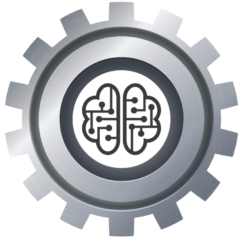Critical thinking is an essential skill that allows individuals to evaluate information and ideas objectively. It enables people to analyze and assess arguments, evidence, and claims, and to make informed decisions based on their findings. One important aspect of critical thinking is the ability to identify assumptions and biases.
Assumptions are the underlying beliefs and values that people hold about the world. They are often taken for granted and are not always explicitly stated. However, assumptions can have a significant impact on how individuals interpret and evaluate information. For example, if someone assumes that all politicians are corrupt, they may be less likely to trust any political information or claims, regardless of their validity.
Identifying assumptions is an essential part of critical thinking because it allows individuals to examine the underlying beliefs that may be influencing their thinking. By recognizing and questioning assumptions, people can challenge their own thinking and consider alternative perspectives. For example, if someone assumes that all wealthy people are happy, they may need to consider evidence that contradicts this assumption, such as studies that show that money does not necessarily lead to happiness.
Another important aspect of critical thinking is the ability to identify biases. A bias is a tendency or preference that influences how people perceive information. Biases can be conscious or unconscious, and they can be based on factors such as personal experience, culture, or social conditioning. For example, someone who grew up in a conservative household may have a bias against liberal ideas, while someone who grew up in a liberal household may have a bias against conservative ideas.
Identifying biases is important because it allows individuals to recognize their own potential limitations in evaluating information objectively. By acknowledging their biases, people can work to overcome them and strive to evaluate information based on evidence rather than personal preferences or predispositions. For example, if someone has a bias against a particular political party, they may need to take extra care to evaluate claims from that party objectively.
In Summary
Critical thinking is an essential skill that enables individuals to evaluate information and ideas objectively. Identifying assumptions and biases is a crucial aspect of critical thinking because it allows people to examine their own thinking and recognize potential limitations in their evaluation of information. By questioning assumptions and acknowledging biases, individuals can strive to make more informed decisions based on evidence rather than personal beliefs or preferences.
#infobymattcole
 You can check out Matt’s LinkedIn account, Youtube Channel, or Podcast.
You can check out Matt’s LinkedIn account, Youtube Channel, or Podcast.Introducing my new books, ‘The Art of Critical Thinking’ and ‘The Critical Thinking Model’. Both can be read for free with Kindle Unlimited or $2.99 each via Kindle.